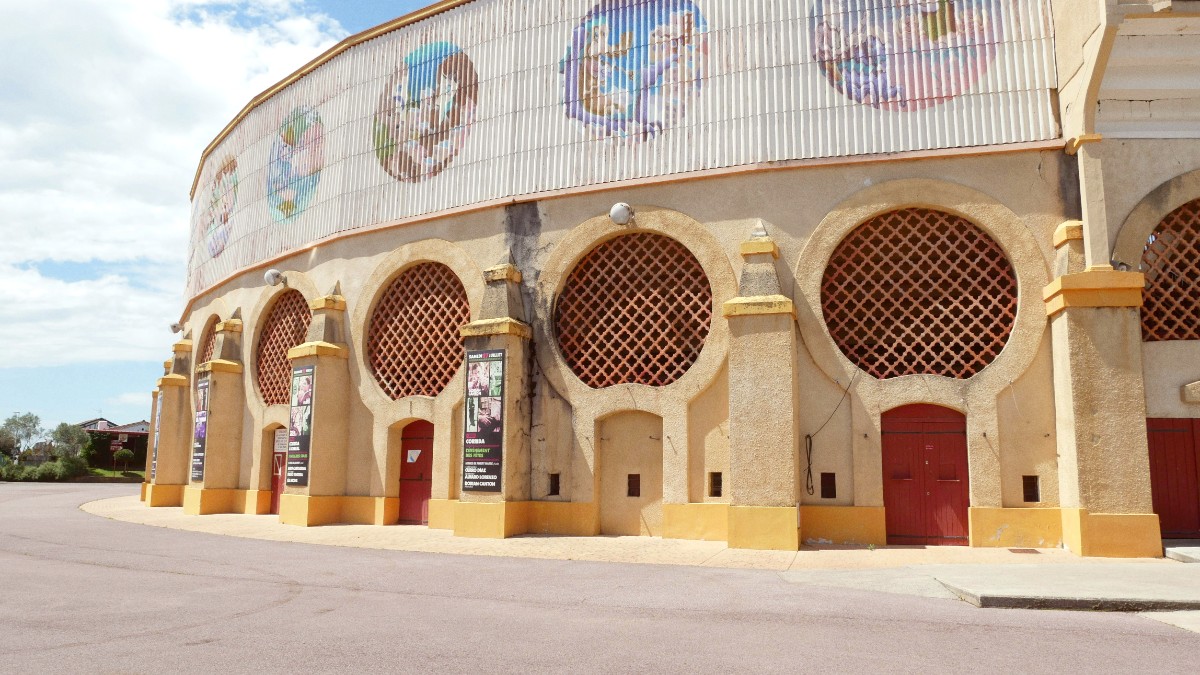
Southwestern France, France
Bayonne-tourisme.com (Official site for events, attractions, practical information).
Txiktxak.fr (Official website for public transport information, maps, and fares).
Sncf-connect.com (Official website for train travel in France).
Jambon-de-bayonne.com (Information on Bayonne ham, its history, and producers).
Bayonne.fr (Official city website for municipal services and general information).
@BayonneTourisme on Instagram and Facebook. These often share current events and beautiful photos.
Local news outlets (e.g., Sud Ouest) can provide information on current events, local happenings.
Search for podcasts on "Basque Country travel" or "French Basque cuisine."
For a detailed regional guide that includes Bayonne, consider a general France travel guide (e.g., Fodor's Essential France or Rick Steves France).
"The Basque History of the World" by Mark Kurlansky for a deep dive into Basque culture, history, and identity. Cookbooks on Basque cuisine explore gastronomic traditions.
Local newspapers like "Sud Ouest" for current events, cultural listings, and local news. Free tourist maps and brochures are at the Bayonne Tourist Office.
Attempting a few basic French phrases (Bonjour, Merci, S'il vous plaît) will be appreciated by locals.
Utilize hotel Wi-Fi or consider a portable Wi-Fi device for constant internet access. Download offline maps and translation apps.
Do not hesitate to ask for help from tourist information centers, hotel staff, or police if you face difficulties.
In a serious emergency, always dial 112, the pan-European emergency number. It works throughout the EU and is the quickest way to reach services.